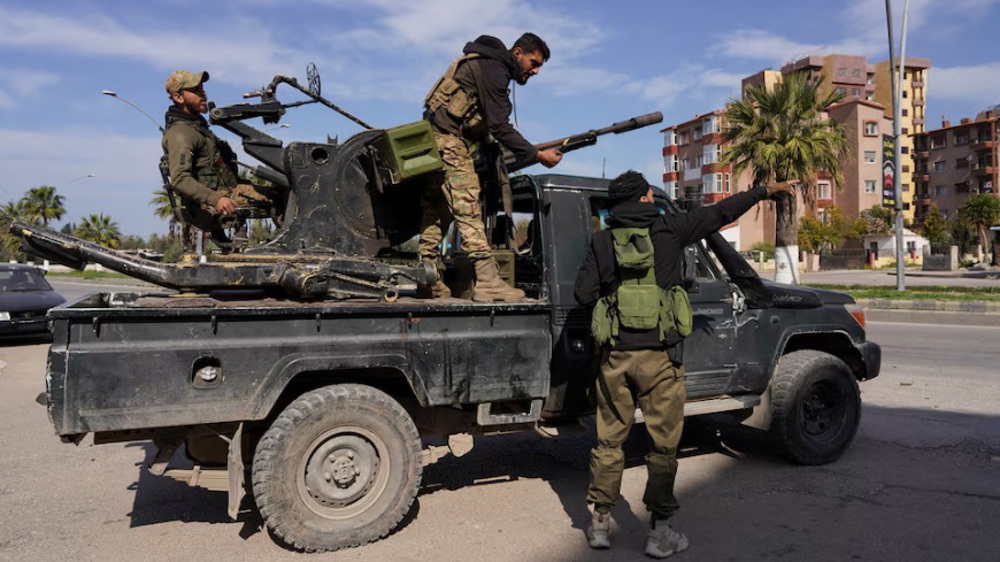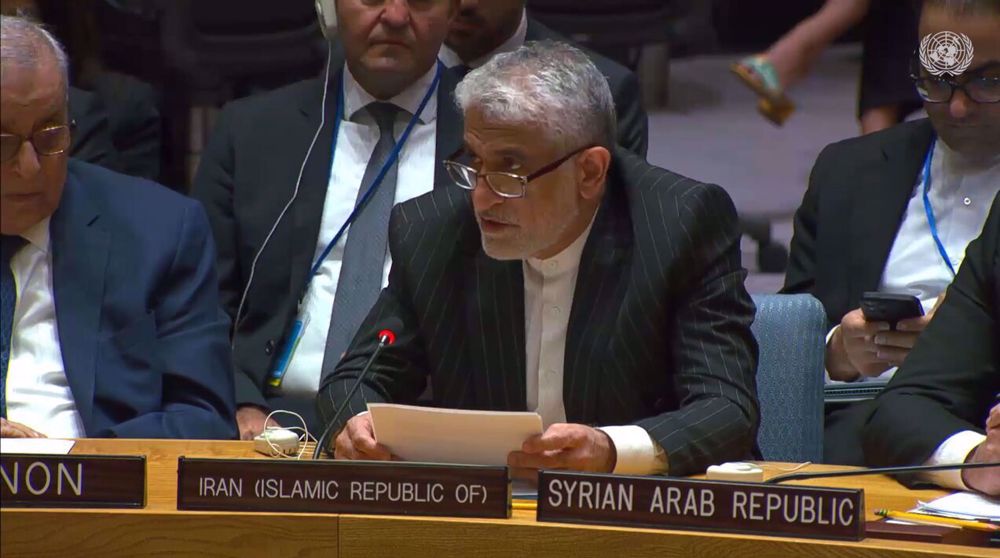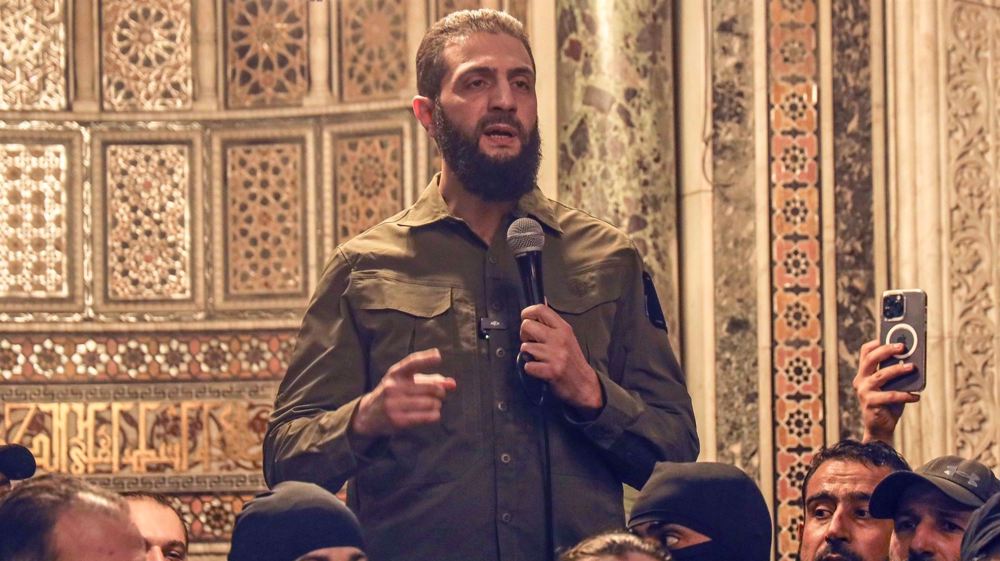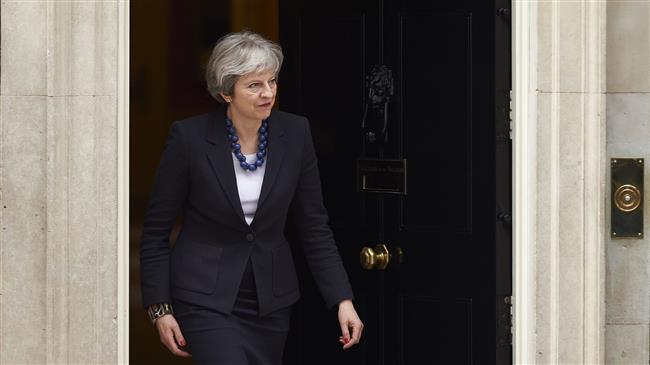UK prime minister calls war cabinet meeting over Syria military action
UK Prime Minister Theresa May is due to convene a special "war cabinet" on Thursday to seek approval for possible military action against the government of Syrian President Bashar al-Assad, British media have reported.
During the special meeting, May and her ministers are expected to discuss a form of British participation in a potential military intervention led by France and the US.
The US and its Western allies have been threatening Damascus with military action since Saturday, the day a suspected chemical attack on the Syrian town of Douma, Eastern Ghouta, reportedly killed 60 people and injured hundreds more.
The possibility of an attack grew larger on Wednesday, after US President Donald Trump warned Russia, one of Syria’s key supporter in the fight against foreign-backed militancy, to "get ready" to shoot down American missiles over Syria soon.
Analysts say May’s war cabinet meeting indicates that she does not plan to consult UK Parliament ahead of any possible action.
This has already proven controversial, as Labour and other opposition parties have urged the ruling Conservatives to respect a recent convention that the UK House of Commons approves any military action abroad.
"That's a case that I've made going back many, many years in Parliament," Corbyn said Wednesday. "Obviously the situation is very serious, obviously there has to be, now, a demand for a political process to end the war in Syria.
"We cannot risk an escalation even further than it's gone already," he added.
Meanwhile, the idea of an intervention gained more momentum in the UK on Thursday, after Brexit Secretary David Davis hinted he had changed his mind since voting against Syrian intervention under similar pretexts in 2013.
He told a conference that he did not approve of the idea back then because, "one was because he (then PM David Cameron) hadn't provided the evidence and intelligence that we knew who it was [behind the attack].”
"And secondly because there was not a proper plan which was thought through properly,” he added.
Syria has firmly denied any links to the attack. Both Moscow and Damascus have invited the Organization for the Prohibition of Chemical Weapons (OPCW) to send a fact-finding mission to Douma and investigate the alleged use of chemical weapons there.
Damascus has destroyed its entire chemical weapons stockpile under a UN-brokered program overseen by the OPCW.

HTS gunmen, allied militants kill over dozen Alawites in Syria’s Homs

Iran backs sovereign, stable Syria free of terrorism, UN envoy says

Syria’s HTS seeks normalization with Israel, Jolani writes to Trump
Ex-spy chief urges ‘revolt’ against Israeli regime; says Tel Aviv must be ‘stopped’
VIDEO | Press TV's news headlines
VIDEO | Paris hosts ‘end famine’ rally in support of Gaza
Global reactions, offers of assistance pour in after huge deadly explosion in S Iran
Iran pres. stresses collective, effective fight against terrorism in calls with India, Pakistan PMs
VIDEO | Iran-US indirect talks
Iran declares holiday in Bandar Abbas port as fire still raging
VIDEO | NY protesters demand end to genocide on Global Day for Gaza








 This makes it easy to access the Press TV website
This makes it easy to access the Press TV website